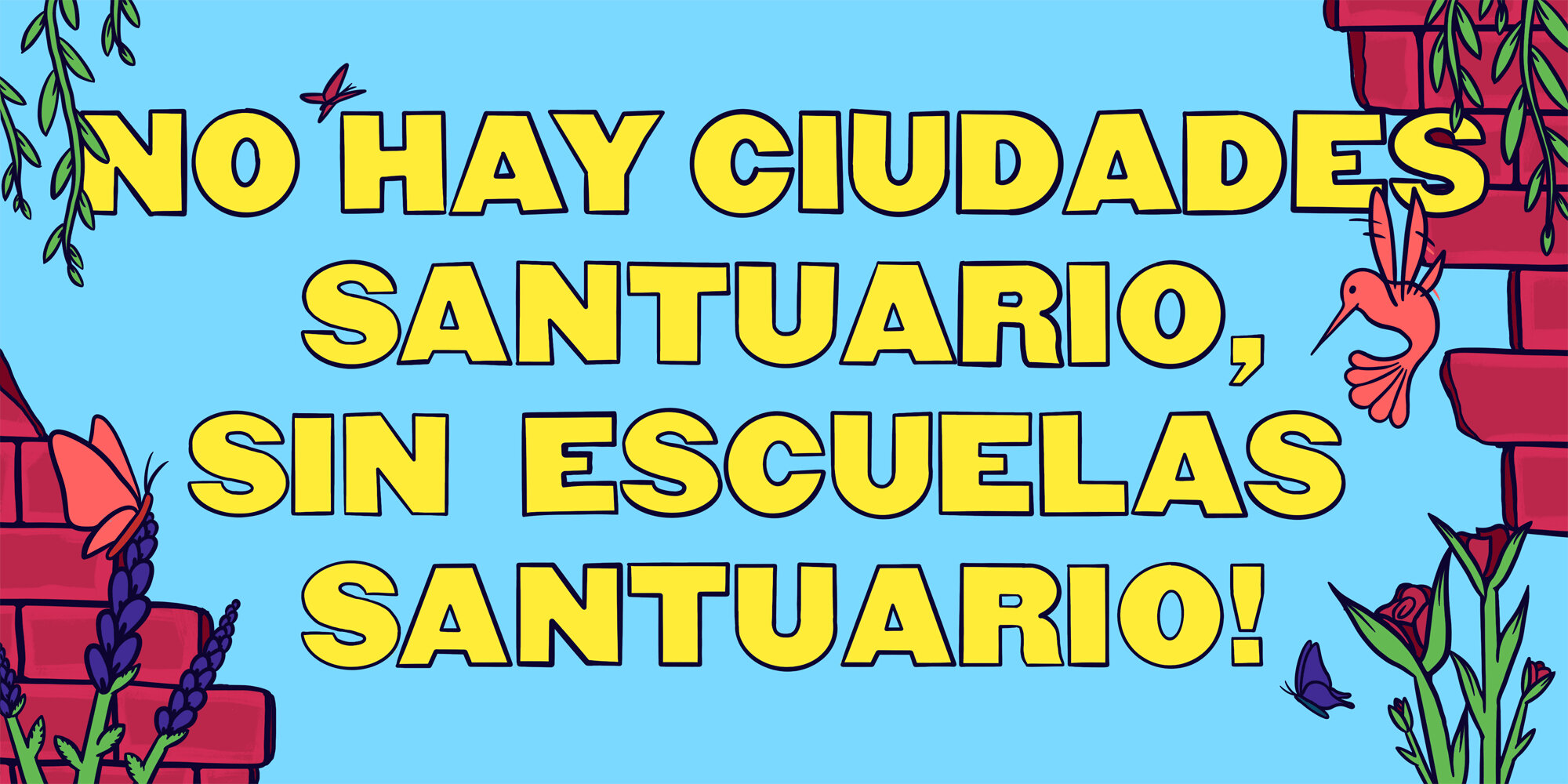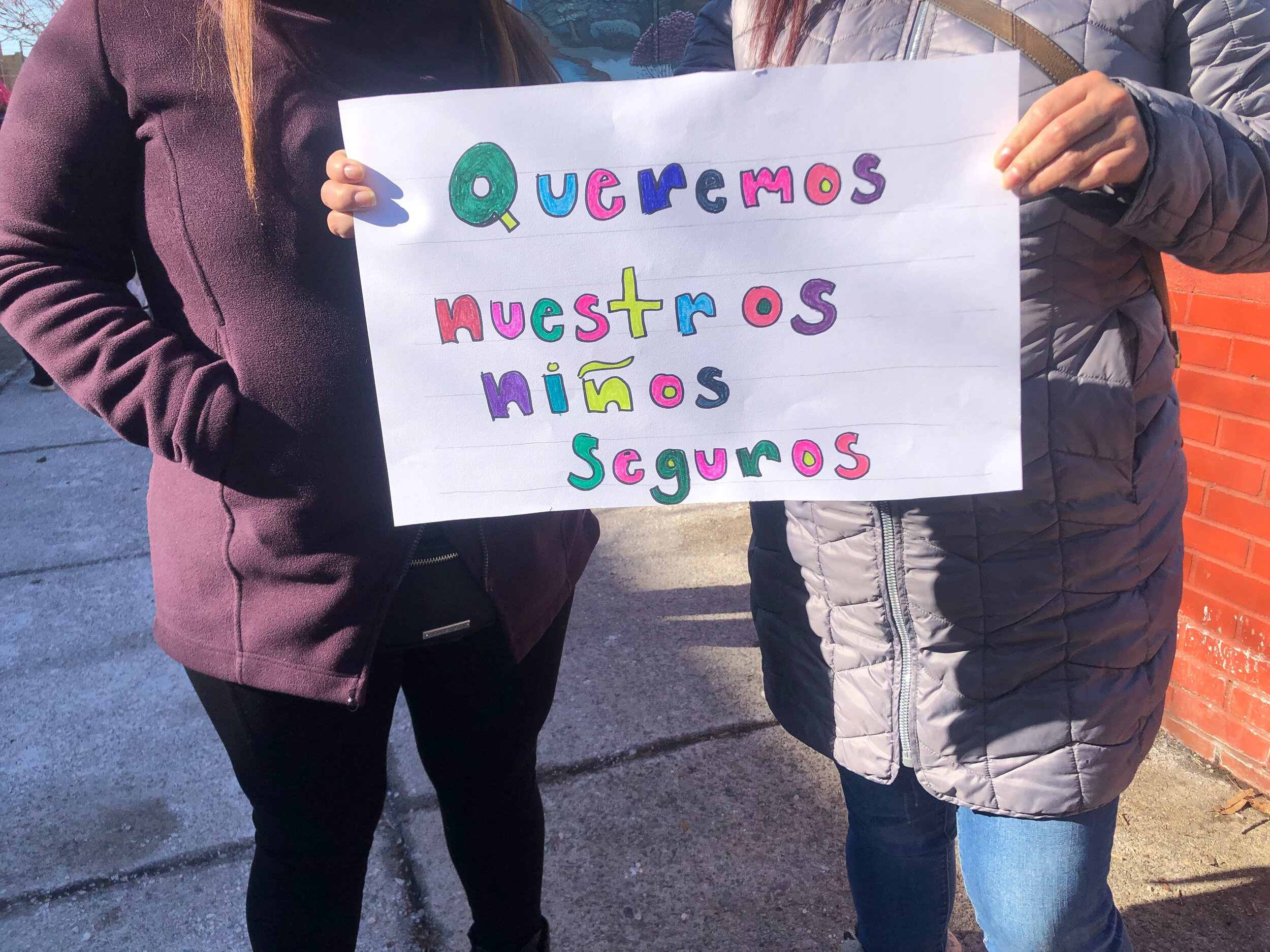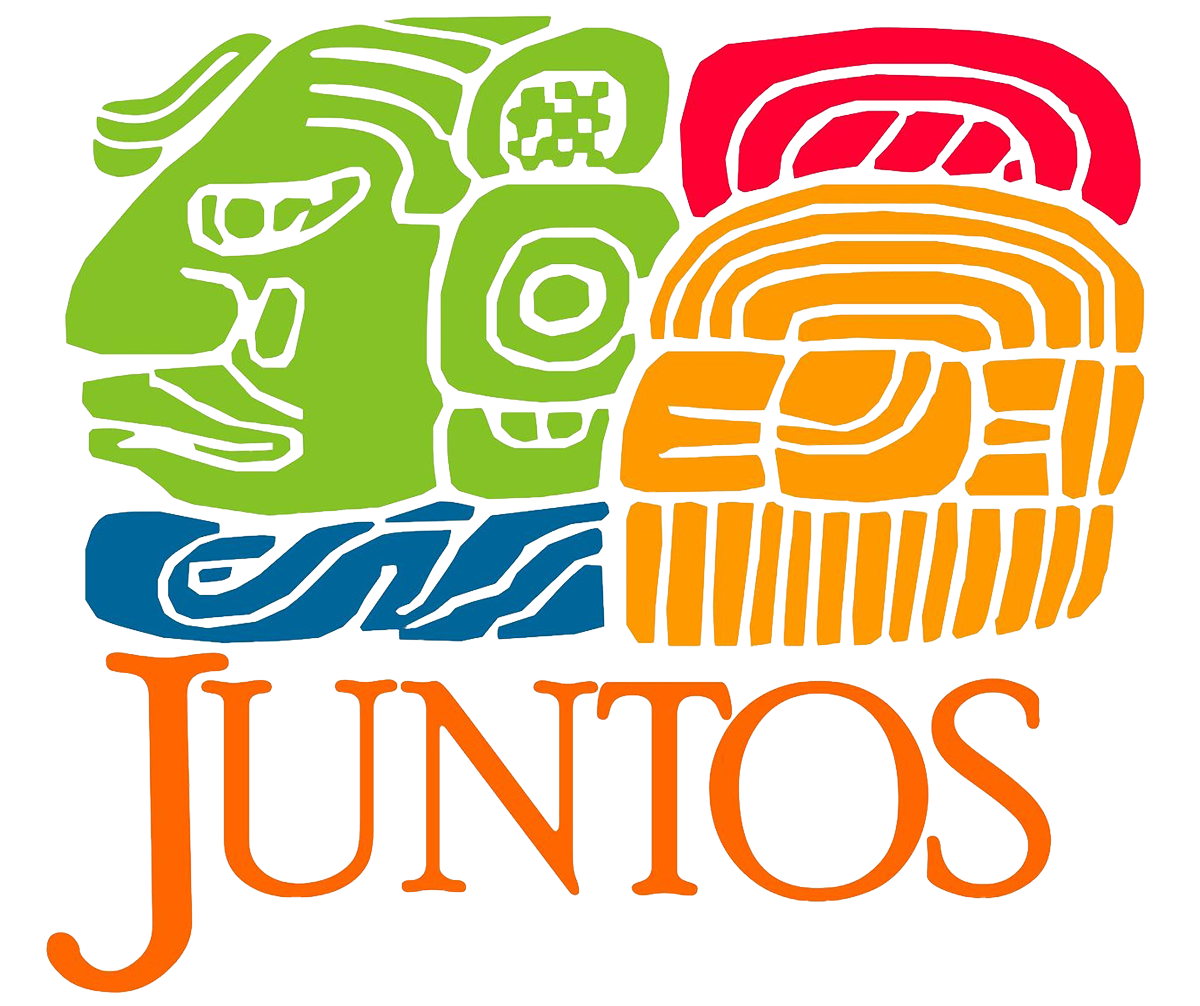
Sanctuary Schools
We want schools free of criminalization, where our youth feel safe, nurtured, and cared for.
What we are asking for is not new, schools have been used for too long as colonial tools to assimilate and criminalize youth and their families, we say no more!
From December 2020 to January 2021 we surveyed almost 350 Philadelphia educators, staff and administrators to gauge knowledge about Immigration and Customs enforcement within the Philadelphia School Districts.
JOIN US IN READING THE FULL REPORT HERE.
For Philadelphia to have Sanctuary Schools, we must demand bold commitments from our city and school board that are upheld regardless of who is in office.
We have outlined our demands in our downloadable 5 point platform.
“What sanctuary schools mean for Latinx families”

We want schools free of criminalization, where our youth feel safe, nurtured, and cared for.
We believe in an educational system that does not have any interaction with enforcement agencies or replicate enforcement strategies within the classroom. We know that black and brown youth are over targeted and overpoliced, treated as criminals instead of children. We recognize the internal and external factors that reinforce this targeting. We believe in educational spaces where kids are encouraged to make mistakes and have the support to learn from them. We demand #ICEFreeSchools. We demand #PoliceFreeSchools. We demand #SurveillanceFreeSchools.

2. We want a reinvestment in the education of our young people. This means a dramatic envisioning of the city and state's budget prioritization to fully address the ramifications of decades of insufficient funding.
Every year we hear there is not enough money for education, but we know this is not true. We know that it is not a question of scarcity, it is a question of distribution. We imagine schools where young people have access to nurses, counselors, and bilingual educators. We imagine schools where our youth have access to arts, music, and health classes. We imagine healthy school buildings, facilities free from toxins and full resourced classrooms, bathrooms and playgrounds.

3. We want a culturally-responsive pedagogy that teaches about our true history and develops our young people to be critical of white, ableist, and imperialist norms.
We recognize that erasure and forced assimilation are favoured mechanisms of the state that enact a continued emotional and psychological violence onto Black, Brown, and LGBTQI youth. When our young people are taught lessons that are neither culturally affirming or representative of their lived experience, of their culture, or their heritage; we continue a legacy of harm that prioritizes conformity and compliance. By developing young people to be critical of the status quo, of the inequities present within our society, and how they have been enacted over time, we make steps toward building a more just future.

4. We want community control of schools. We want schools located in diverse neighborhoods with educators that are representative of students they teach.
Our families have witnessed the closing of schools in their neighborhood as part of the ever changing landscape of gentrification in the city of Philadelphia. Gentrification means community members are pushed out of their homes, forcing school changes that negatively affect students' ability to succeed in their classes. Without decision making structures where community members hold power, representation is meaningless. As pillars of the community, schools are where we will first begin our fight against forced displacement. By ensuring that our students and families are decision makers in their schools, we guarantee a learning environment over which our community has ownership.

5. We want schools to be places of healing, we cannot fight against the criminalization of our young people and their families without also fighting for restorative learning environments.
If the city of Philadelphia is truly committed to the recovery and wellbeing of our community, we must make strides towards a future where our youth are thriving rather than surviving. We want policies that support students processing traumatic events that are grounded in trauma-informed practices and restorative justice, while making social and emotional learning spaces the status quo.


















